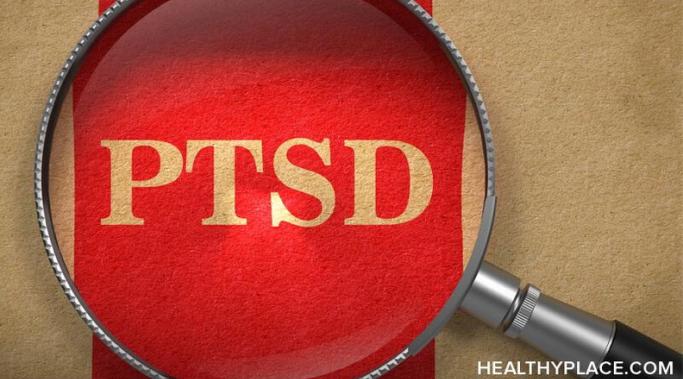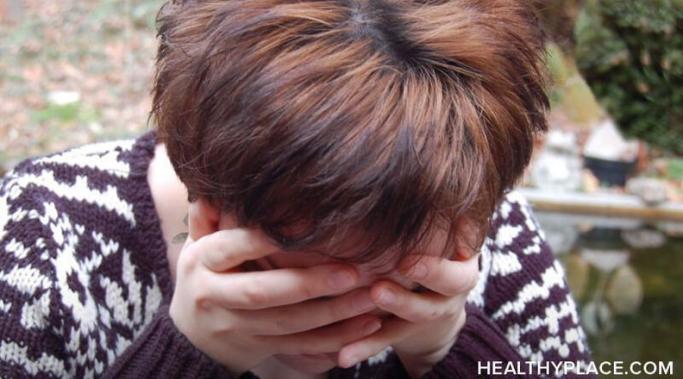In the wake of the Newtown, CT, tragedy last week I’m reminded again how fragile language is in our moments of deepest shock and despair. ‘Pain’, ‘grief’, ‘loss’, ‘shock’ hardly begin to scratch the surface of what it means to live through a traumatic event and then face the task of learning to live after it.
In the wake of my own trauma, I acutely felt the absence of words.
Trauma! A PTSD Blog
During my own PTSD decades (yes, I struggled for 25+ years!), one of the toughest things for me was having to be around other people when I felt horrible, depressed, anxious, angry, sleep-deprived and just generally dysfunctional.
When I first started my PTSD recovery I read a slew of books and articles about how trauma recovery is supposed to happen. Many of the theories, dating all the way back to the late 1800s (check out Charcot and Janet if you want to do some research), spoke about the need to 'integrate' the trauma by being able to tell your story.
Huge road block: I couldn't tell my story. Did that mean I wouldn't be able to heal?
Why do senseless things happen to people who are just doing their best to move through life being good? You can be productively contributing to society, helpless and young, older and learning to evolve on the continuum of your own private journey here on earth -- it doesn't seem to matter what kind of person you are, trauma randomly selects you to scoop up in the siphon of its cyclone. Why?
Overcoming PTSD requires your brain to reconsolidate memories and learning experiences. This means that it must find a way to erase the old learning experience gained through trauma and put in place a new one that is associated with a more calm, peaceful and empowered experience.
A couple of weeks ago, I outlined how to transform overwhelming feelings. Today, I've been mulling: Is it possible to outline a flexible process for doing PTSD recovery work? While every survivor faces his/her own unique healing journey, the truth is, I think, yes, we do see universal similarities in the process.
I'll be honest with you: From the surface there wasn't much I was good at in PTSD recovery - unless you count avoidance. I was really, really good at that! And hypervigilance. And re-experiencing. Basically, you know, I was really good at PTSD symptoms. Recovery.... not so much!
So when I ask you what you're good at I know that's a sort of loaded question. Struggling with symptoms of posttraumatic stress can make you feel like you're just not good at anything, unless it's being depressed, hopeless and just generally feeling useless.
After trauma it's very typical to feel completely disconnected from yourself, others and the world. We live in what I call 'default mode': We respond and react instead of create and act. Why is that a problem? Because one of the hallmarks of PTSD is a sense of powerlessness.
In the Posttraumatic Stress Disorder Sourcebook, Glenn Schiraldi writes, “Life is feeling. Not to feel is to be dead.” That’s quite a statement considering, with PTSD, our biggest goal is to avoid our overwhelming feelings! It’s a tough conundrum: Coping and managing with PTSD requires you to dampen your emotions so that you can just get through the day. Healing, however, requires that you do feel your emotion – and get used to it. What’s a survivor to do?
So many of the survivors I work with and talk to express the same idea:
There are more than one of me in here!
Technically, they don’t mean there’s more than one personality inside their mind, so what do they mean?







